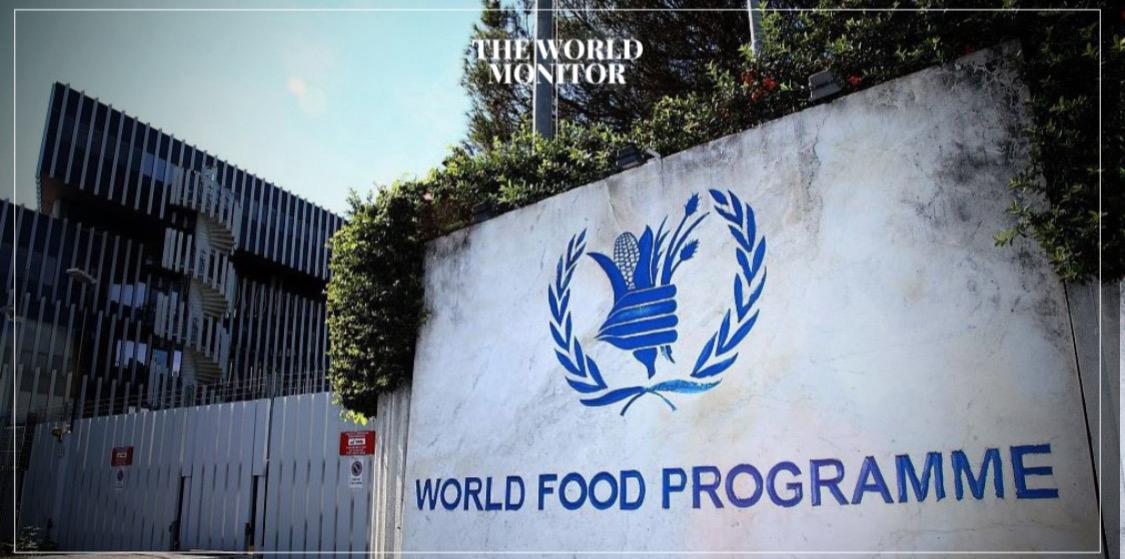Lennie Kinsley, the Communication Officer and Spokesperson for the World Food Programme in Sudan, warned of the consequences of the rising and spreading level of famine in Sudan, especially with the approaching rainy season in May this year.
In an exclusive interview with Al Hurra news channel from Nairobi, Kenya, Kinsley stated, “40 percent of the Sudanese population currently face the real risk of famine amidst food shortages and the difficulty of delivering it to those in need due to obstacles arising from the ongoing conflict, especially in Khartoum, Kordofan, and Darfur.”
She appealed to the conflicting parties in Sudan to grant UN humanitarian organizations and others freedom of movement and the opportunity to deliver aid to the Sudanese people, describing the current situation in Sudan as “the worst” in the country’s history.
Kinsley affirmed Ukraine’s continuous support for the Sudanese people, recently sending a grain shipment through which humanitarian organizations can support one million people in the areas where the conflict has ceased in eastern Sudan.
She pointed out that UN organizations are in constant contact with both sides of the conflict in Sudan to remove all challenges and obstacles to delivering food aid to the affected areas, criticizing the international community’s role regarding the situation in Sudan.
The situation in Sudan has escalated into a violent conflict between the Sudanese Armed Forces (SAF) and the Rapid Support Forces (RSF), with both factions preparing for confrontation prior to the outbreak of violence in Khartoum and other strategic areas. The root of the conflict lies in a power struggle within the security sector and the broader state governance, with disagreements over the integration of RSF forces into the SAF and the future command structure being central issues. The RSF, emerging from the Janjaweed militia known for its brutal attacks in Darfur, has been accused of committing atrocities during the recent conflict, further complicating the situation. The international community, including the United States and regional bodies like the African Union and IGAD, has called for an end to the hostilities and a return to negotiations, highlighting the risk of regional spillover and the need for diplomatic engagement to protect civilians and prevent further atrocities.






